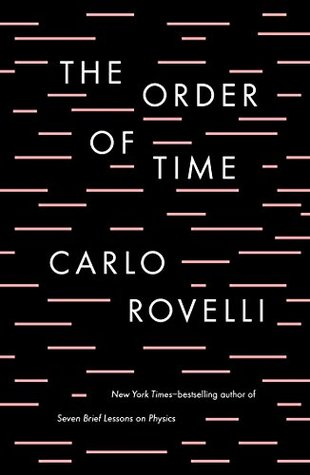More on this book
Community
Kindle Notes & Highlights
Don’t take your intuitions and ideas to be “natural”: they are often the products of the ideas of audacious thinkers who came before us.
The good Lord has not drawn the world with continuous lines: with a light hand, he has sketched it in dots, like the painter Georges Seurat.
But it isn’t absence that causes sorrow. It is affection and love. Without affection, without love, such absences would cause us no pain. For this reason, even the pain caused by absence is, in the end, something good and even beautiful, because it feeds on that which gives meaning to life.
As human beings, we live by emotions and thoughts. We exchange them when we are in the same place at the same time, talking to each other, looking into each other’s eyes, brushing against each other’s skin. We are nourished by this network of encounters and exchanges. But, in reality, we do not need to be in the same place and time to have such exchanges. Thoughts and emotions that create bonds of attachment between us have no difficulty in crossing seas and decades, sometimes even centuries, tied to thin sheets of paper or dancing between the microchips of a computer.
We are for ourselves in large measure what we see and have seen of ourselves reflected back to us by our friends, our loves, and our enemies.
we are the reflection of the idea of ourselves that we receive back from our kind.
Christianity, after all, is quite flexible. . . .
transcendentalism.
We are this space, this clearing opened by the traces of memory inside the connections between our neurons. We are memory. We are nostalgia. We are longing for a future that will not come. The clearing that is opened up in this way, by memory and by anticipation, is time: a source of anguish sometimes, but in the end a tremendous gift. A precious miracle that the infinite play of combinations has unlocked for us, allowing us to exist. We may smile now. We can go back to serenely immersing ourselves in time—in our finite time—to savoring the clear intensity of every fleeting and cherished
...more
“Every day countless people die, and yet those who remain live as if they were immortals.”128
Job died when he was “full of days.” It’s a wonderful expression. I, too, would like to arrive at the point of feeling “full of days,” and to close with a smile the brief circle that is our life.


